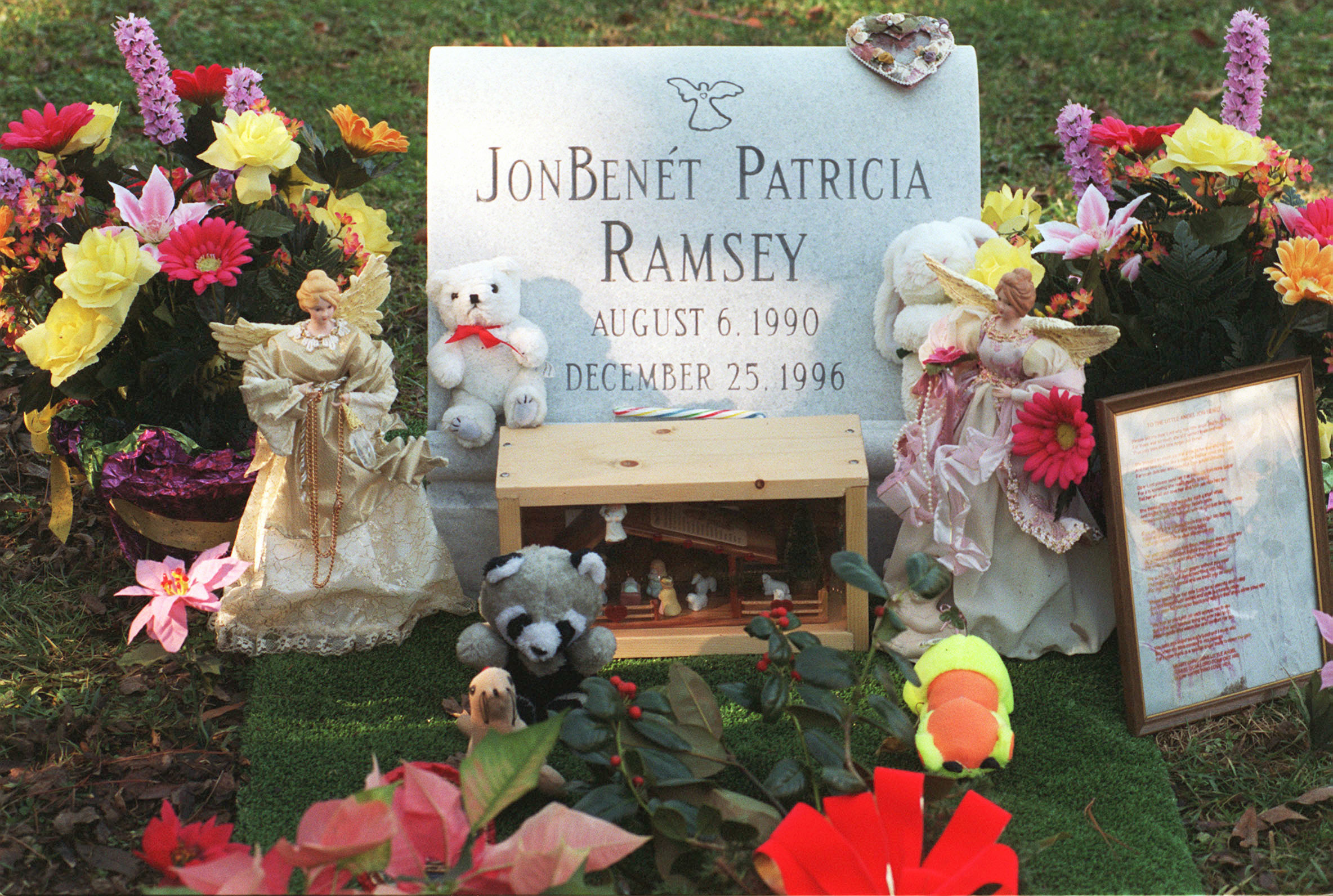Thanksgiving always falls soon after an election, and in recent years American politics has gained a febrile intensity—making this year's conversation over turkey a potential tinderbox.
It feels like there's no escaping politics in America. And perhaps the path to unity is to have these issues out in the open among family and friends so the country can learn once again to disagree agreeably.
Or is Thanksgiving a time for setting aside our differences, especially on politics? Maybe it's better to use the holiday as a safe space from partisan and ideological divides, one in which we can reconnect through the things that bind us together, not split us apart.
So: Should you talk politics at Thanksgiving? Newsweek put the question to family therapists. Here's what they said.
Michele Weiner-Davis, Director of The Divorce Busting Center
As someone who has worked with couples for over four decades and is in a 50-year bipartisan marriage myself, my answer to the question is simple.
If collaborative, loving conversations about politics have been possible in the past, by all means, share your thoughts and opinions. It will foster connection.
If not, or if you aren't completely certain about positive outcomes, focus instead on the true meaning of Thanksgiving and ask yourself: "What am I grateful for regarding the people in my family? Despite the fact that we may not see eye-to-eye on many things, what do I love about them? What do I need to do or say today in order to show my family members that I prioritize our relationship and long history rather than focus on our differences? How can I use this family gathering as a means to connect (and heal) rather than to deepen the chasm?"
Sometimes, it's important to remember that when it comes to "speaking our truths," less is more. Thanksgiving is that sometime.
Dr. Jane Greer, Marriage and Family Therapist; author of Am I Lying to Myself? How To Overcome Denial and See the Truth
Thanksgiving is a time to be festive, not to debate.
The holidays are meant for joy, gratitude, appreciation, and celebrating what brings us together—not talking about politics that can lead to a clashing of opinions.
It is important to go into Thanksgiving with a mindset of avoiding talking about politics and focusing instead on the positivity of being with family, loved ones, and friends.
If you are confronted or cornered by a loved one, you can say: "I am interested to hear what you're thinking and happy to share my thoughts at another time, not today."
Then change the topic and ask someone to pass the turkey.
In the event that differences erupt, if you are hosting, you can gently remind your guests we are here to celebrate and not to discuss our opinions.

Dr. Sheri Meyers, Licensed Marriage and Family Therapist
ABSOLUTELY NOT!
Even if you are all on the same page politically, and especially when you're not, this topic arouses a lot of angst, anger, fear, and concern. Give yourself and your family a break.
Commit to making it a day of being together in peace and gratitude. If you are not the host, perhaps you can ask the hosts if they would declare the gathering as a politics-free zone.
If they are on board, see if they are willing to send a message to all the guests beforehand declaring that the Thanksgiving gathering is a politics-free zone.
Or, at the onset of the gathering, say: "We are coming together to eat good food, be together and be happy. No talk of national or international politics please."
I think all the guests will be relieved.
If a discussion does erupt, the most important thing you can do is "protect your peace, take deep breaths and don't argue back."
You can try to change the subject by talking about how delicious the food is or asking for something that's across the table to be passed or shift the conversation by bringing up something you are grateful for.
If all else fails, take a break and some long, deep breaths.
Dr. Tammy Nelson, Sex and Relationship Expert; TEDx speaker; Host of The Trouble with Sex Podcast
More than any other time in recent history, couples and families are divided in their loyalties and opinions around politics. We are divided and polarized as a country— Democrats versus Republicans, conservatives against liberals.
This year, over the holidays, who we are sharing a meal with and celebrating our togetherness may lead to more than full stomachs—but more separateness and division.
In my practice as a therapist, I've seen grown children detach from their parents, couples separate and ask for divorce, and siblings refuse to talk to one another because they voted for different presidents.
Political selection is based on many things—who you grew up with, what you have seen in the media, and your intuitive response to a political candidate.
Reading about a president's beliefs or a political party's stance on issues on the internet or through social media is much different than working with that person or talking with them directly.
We are being taught in our culture now to choose sides and pick a belief system, whether this aligns with our chosen party or our families, or not.
Over the holidays, try to come together with loved ones over what you appreciate and what you are grateful for, instead of how you differ.
Thanksgiving is not the time to decide your family's loyalties.
At least, wait till January.
Danah Williams, Licensed Psychotherapist, California Coastal Counseling
Thanksgiving is traditionally a time to express gratitude, share meals, and strengthen familial bonds. However, introducing political discussions into this space can be a double-edged sword, particularly during polarized times.
Whether such conversations enhance connection or create discord depends on a variety of factors, including family dynamics, individual emotional capacity, and the communication styles of those involved.
From a family therapy lens, it's important to weigh the risks and benefits while cultivating mindfulness, emotional intelligence, and healthy boundaries.
For individuals who feel deeply connected to their values and moral compass, political discussions can provide a meaningful opportunity to express authenticity and engage in purposeful dialogue.
Ensuring that conversations align with your integrity and beliefs is key to fostering self-respect and connection. Speaking your truth does not require confrontation or judgment of others but rather the courage to share your perspective with kindness, clarity, and respect for the humanity of those who may hold differing views.
For example, a family member who is passionate about environmental activism might share, "One thing I'm really grateful for this year is the progress we've made in raising awareness about climate change. It's a cause close to my heart, and I'd love to hear your thoughts on how we can all make a difference, even in small ways."
By framing the discussion in a positive and collaborative way, the person creates space for dialogue without alienating others or inciting conflict.
In dialectical behavior therapy (DBT), dichotomous (all-or-nothing) thinking is recognized as a cognitive distortion that exacerbates conflict by reinforcing rigid viewpoints.
For example, viewing family members as either "right" or "wrong" can create division and intensify disagreements. This type of thinking may lead to escalation of conflict, emotional burnout, and rigid boundaries that prevent growth or connection.
A more balanced perspective involves recognizing nuance and cultivating empathy. By embracing balance, we can approach differing opinions with curiosity rather than defensiveness, fostering mutual respect and understanding.
Ultimately, there is no universal "right" or "wrong" answer to whether families should discuss politics at Thanksgiving. Each family must assess their unique dynamics, history, and emotional resilience.
For some, these discussions may foster connection and growth. For others, they may introduce unnecessary stress or conflict.
By cultivating mindfulness, respecting boundaries, and embracing a balanced perspective, families can navigate these conversations in ways that honor both individuality and togetherness.
Thanksgiving provides an opportunity to celebrate shared values and build deeper bonds. Whether or not politics is part of the conversation, the goal remains the same: To foster gratitude, connection, and mutual respect.



















 English (US) ·
English (US) ·